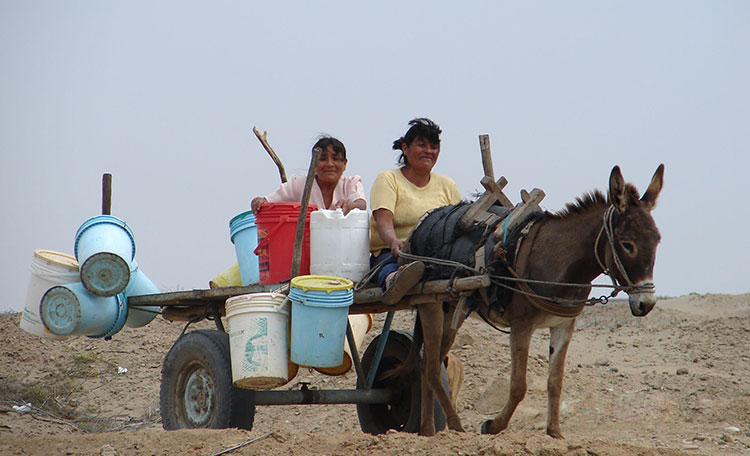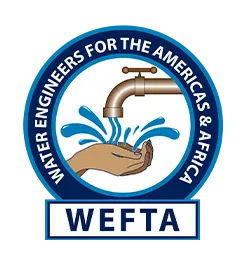Peru
WEFTA engineers have worked in Peru since 2002 to address rural water and sanitation problems.
Indigenous communities in Peru have been politically marginalized and often face social and economic discrimination resulting in less access to water and sanitation services than the non-indigenous population. In Peru, the urban poverty rate has declined substantially over the past decade due to a rapidly growing economy and is now at about 30%. In contrast, however, in rural areas near the Andes mountains and the Amazon basin, where the country’s indigenous population is concentrated, the poverty rate is still high at close to 70%.
In Peru, 35% of the rural population lacks access to both safe water and basic sanitation.
In too many cases, municipal raw sewage is still discharged into rivers and lakes with minimal treatment or none at all. WEFTA volunteer engineers have been coordinating with public works staff from towns, large and small, offering their expertise as such communities assess their options and decide on which treatment technology is most appropriate for them.
WEFTA engineers have worked in Peru on rural water and sanitation problems by constructing wastewater collection and treatment systems, water systems, and bathroom facilities for schools.
Every time we send a crew on a trip to either help or assess a community, we ask our volunteers to write a Trip Report that details the trip through their eyes. These reports provide not only a first-hand perspective on our efforts to help communities, but also a glimpse of what it is like to be a WEFTA volunteer.
WASH projects and programs in Peru in need of funding:
Sources:
Capital: Lima
Size/Area: 1,285,216 sq. km.
Population: 32,600,249 (2024)
Languages: Spanish, Quechua, Aymara, Ashaninka, other native languages
Regions: western coastal plains, central Andes Highlands, eastern lowland jungle of Amazon Basin.


